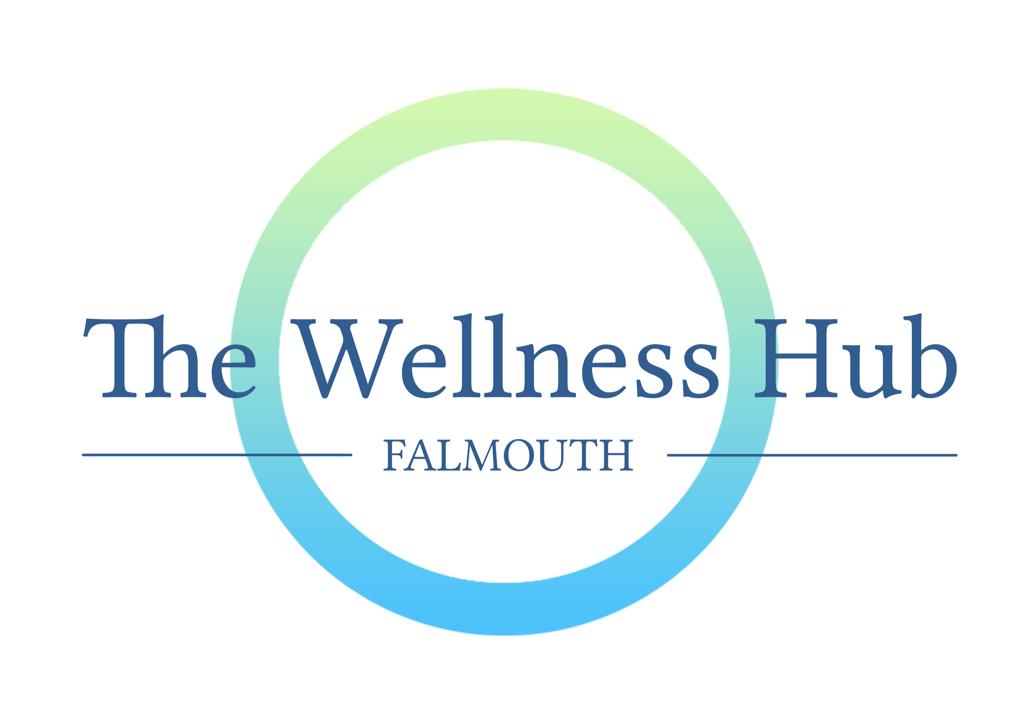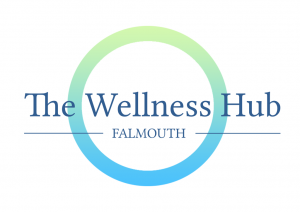The Chinese medicine take on Ageing
I just had a birthday. A landmark birthday, the kind that prompts you to look around at your life and make an assessment. I’ve looked around and my assessment is, “Yeah, its good. Happy days.” However, despite that feeling of contentment I still look in the mirror and shudder to see the passing of time all over my face. Squinting to see, groaning when I stand up, and sweating through the night all remind me that time marches on and it takes a toll. What the hector? Is it already this phase in my life? So quick?!
That brings me to my topic today. The Chinese medicine take on Ageing.
One of the foundational philosophies of Chinese medicine is Taoism. The Taoists were very concerned with longevity. They lived outside society in nature observing the seasons, the cyclical transformations of the plants, the sky, the weather, the animals. They understood that what they saw happening in Nature also happens within us. They observed that all of the changes and evolutions depend on the correct flow of Qi. Qi is a Chinese word that loosely translates as Energy or Vitality. It animates the world around us and flows through specific pathways in the body. They began to develop ways to support the movement of Qi within us in order to promote good health and long life. Hence the very roots of Chinese medicine began thousands of years ago during this time. They studied plants and came to understand that they were not only nourishment but also medicine and so began the development of Chinese herbal medicine. They developed movement and meditation practices which led to the martial arts, Tai Chi and Qi Gong. They also developed a philosophy of following the Tao as the way of life. Understanding that philosophy (some may consider it a religion) is a lifelong pursuit. For the purposes of this essay I want to convey that the Taoist were pursuing longevity and developed a diet, practices, habits and belief system to that end.
They propose it takes two things to live comfortably for a very long time. (Some of the ancient masters were reported to live well into their 100s or even 200s, but my suspicion is that some of those advanced ages are a bit exaggerated for effect.) The first thing you need for longevity is strong Pre-Heaven Essence. The second is an appropriately replenished Post-Heaven Essence.
Pre-Heaven Essence or Jing is given to us from our parents. It is our inherited source of energy or vitality. I imagine it to be a deep fire within us. It warms and animates us as long for as it burns. Over time it dims, diminishes and eventually burns out and that is the end of our life. This idea is the same as our concept of one’s Constitution. Some people are born with a hearty constitution (or a roaring fire) and seem to have endless energy, never suffer sickness for very long, or pay the consequences of an extreme lifestyle. Some people have a feeble constitution (quiet small fire) and they tire easily, have low motivation, and are vulnerable to disease. Most people are somewhere in the middle and none of us can change what we are born with, but we can effect how quickly it burns up and that brings me to the second thing we need for longevity, Post Heaven Essence.
Post- Heaven Essence or Acquired Qi is the energy that we use up during a day. It is replenished by what we eat and drink, and how we move and breathe. To continue the fire metaphor, Post Heaven Essence is the wood and the way we feed the fire everyday to keep it going. If we burn more wood than we replace then we start to burn our (Constitutional) fire which speeds the effects of ageing, makes us more prone to illness and is non-replaceable. If our Post Heaven Essence is strong it helps mediate a weakened Pre Heaven Essence. Basically, in modern western language that means our lifestyle impacts the quality of our mental and physical health and the length of our life. There is a mountain of information out there to corroborate this idea so we can conclude that modern scientists and doctors have come to the same conclusions as the ancient Taoists monks did so many thousands of years ago. A long and healthy life depends on our constitution, our daily habits and a moderate lifestyle.
With all this in mind, I offer you my “recipe” for a long and happy life based on my background as a practitioner of Chinese medicine, my desire to slow the ageing process down, and as a reader of contemporary texts to learn more.
What is needed to slow down the ageing process and live comfortably to a ripe old age.
- A nourishing diet
- Replenishing sleep
- Regular exercise
- To experience relaxation and joy regularly
- Community and a sense of belonging
Each of those items could produce volumes of advice. For the purposes of this blog I will offer a few tidbits of advice from the monks of thousands of years ago which should be easy to incorporate into our busy modern life.
Eat a variety of locally grown organic colourful food. Drink clean water and breathe clean air. Eat mushrooms. Reishi and Shiitake are two that are easy to find in the grocery store and are full of medicinal qualities. They have been shown to boost immunity, regulate metabolism, and increase energy. Medicinal mushrooms are part of Chinese herbal medicine. There are tonic formulas which combine mushrooms with other herbs known to slow down the effects of ageing. The monks would say drink herbal tea and take a herbal tonic formula.
Stretch and flex your body. Tai Chi and Qi Gong classes offer a gentle form of exercise shown to improve flexibility and balance. These forms of exercise increase awareness of your own Qi (energy), improving its flow and strength which in turn improves the resilience of the whole mind body system slowing down ageing.
Meditate or practice Mindfulness daily. If you do this already, fantastic. That means the you already experience the known benefits; lowered anxiety and blood pressure, regulating the nervous system, increased concentration, and stress management. If meditation is new to you, focusing on your breathe for a 5 to 10 minutes a day is a great way to start. Stand with your feet about shoulder width apart with your weight evenly distributed. Place a hand on your chest and on below your bellybutton. Breathe in through your nose and let your breath sink all the way into your abdomen, then gently breathe out, first empty your lungs and then your belly . Breathe at a comfortable pace.
All of these things strengthen our Qi flow. When it doesn’t flow or when it becomes deficient or stagnated or flows in the wrong direction we don’t feel well and our minds and bodies lose their resilience. Then the impact of ageing is felt sooner. Slow the speed of ageing by following the example of the Taoist monks, eat well, breathe calmly, move regularly, drink cleanly and meditate.
PS. I can’t help but add this specific tidbit about slowing down the ageing of your skin because my wrinkles and sags are what prompted me to write this in the first place!
1) Limit your sugar/ alcohol (which makes our skin sag leading to jowls and wrinkles).
2) Make sure to get lots of Vitamin C (which helps skin repair and boosts immunity)
3) Avoid sunburns and smoking 4) Don’t sleep with make-up on 5) Drink lots of water
6) Get good sleep
3 great books if you’d like to dig deeper into this subject.
The 4 Pillar Plan by Dr. Rangran Chatterjee
Live Well Live Long by Peter Deadman
The Medicinal Chef by Dale Pinnock
Secrets of Longevity: Hundreds of Ways to live to be 100 by Maoshing Ni


